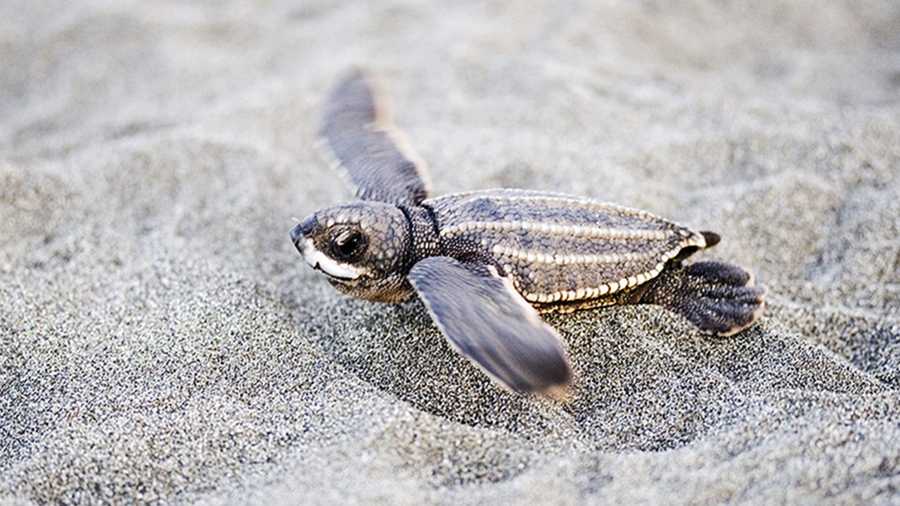Bali, the Island of Gods, is renowned for its captivating temples, lush landscapes, and sun-kissed beaches. But beyond its popular tourist spots lies a heartwarming endeavour that's been gaining traction — the conservation of marine turtles. With the increasing threats faced by these majestic creatures, the role of turtle hatcheries has never been more crucial. Dive into the world of turtles in Bali, as we explore the journey from the vulnerability of an egg to the vastness of the ocean.
A Vulnerable Beginning
For many species of turtles, Bali's beaches serve as vital nesting grounds. Under the cloak of night, female turtles drag their massive bodies ashore, digging deep into the sandy beaches to lay their precious eggs. These eggs, though safely tucked away, face numerous threats – from natural predators like crabs and birds to human activities and environmental changes.
This is where the role of turtle hatcheries becomes paramount.
The Role of Hatcheries
Turtle hatcheries in Bali, often run by passionate conservationists and local communities, undertake the colossal task of ensuring the safety of these eggs. The process typically involves:
-
Locating and Marking: Once a nest is reported or found, it's marked and, in some cases, the eggs are relocated to protected areas or hatcheries to ensure their safety.
-
Incubation: Eggs are incubated in a controlled environment, replicating the natural conditions they would have experienced in the nest. This increases the chances of successful hatching.
-
Protection: Within the confines of the hatchery, the eggs are safe from potential threats, ensuring a higher survival rate.
The Miraculous Hatching
After a gestation period, which can vary from species to species, the magical moment arrives. Tiny hatchlings, using their egg tooth, break free from their shells. These little creatures, guided by an intrinsic instinct, are immediately drawn towards the ocean. However, the journey to the sea is fraught with challenges.

Release into the Ocean
Turtle hatcheries play a pivotal role in this phase. To increase the survival rate of the hatchlings, many hatcheries in Bali have organised release programs. These programs, often at sunset to minimise threats from predators, see these tiny turtles making their maiden voyage into the vastness of the sea. For many tourists and locals, being a part of this release is an experience that tugs at the heartstrings, a moment where nature's wonder truly unfolds.

Challenges and Triumphs
Despite the commendable efforts of the hatcheries, challenges are aplenty:
-
Environmental Changes: Rising sea levels and changing temperatures can impact the success rate of the eggs.
-
Human Interference: From pollution to light pollution that can disorient hatchlings, human activities pose significant threats.
-
Natural Predators: Even with controlled releases, natural predators remain a threat to the young turtles.
However, the success stories and the increasing awareness about turtles in Bali offer a glimmer of hope. More tourists are now seeking experiences that allow them to contribute to conservation efforts, and local communities are more involved than ever.
Supporting the Cause
For those visiting Bali, supporting these hatcheries can be an enriching experience. Whether it's through donations, volunteering, or simply by participating in a turtle release program, every bit helps. Many hatcheries also offer educational tours, shedding light on the life cycle of turtles and the importance of conservation.
In Conclusion
The turtles of Bali, symbols of endurance and longevity, are a testament to nature's marvel. As they battle against the odds, from the delicate phase of being an egg to the challenges of the open ocean, the role of turtle hatcheries stands out as a beacon of hope.
For anyone visiting Bali, a trip to these hatcheries isn't just an activity; it's a journey of understanding, appreciation, and a profound connection to nature.



